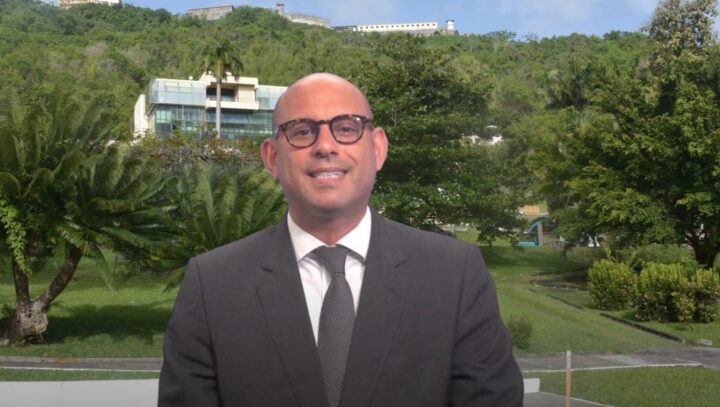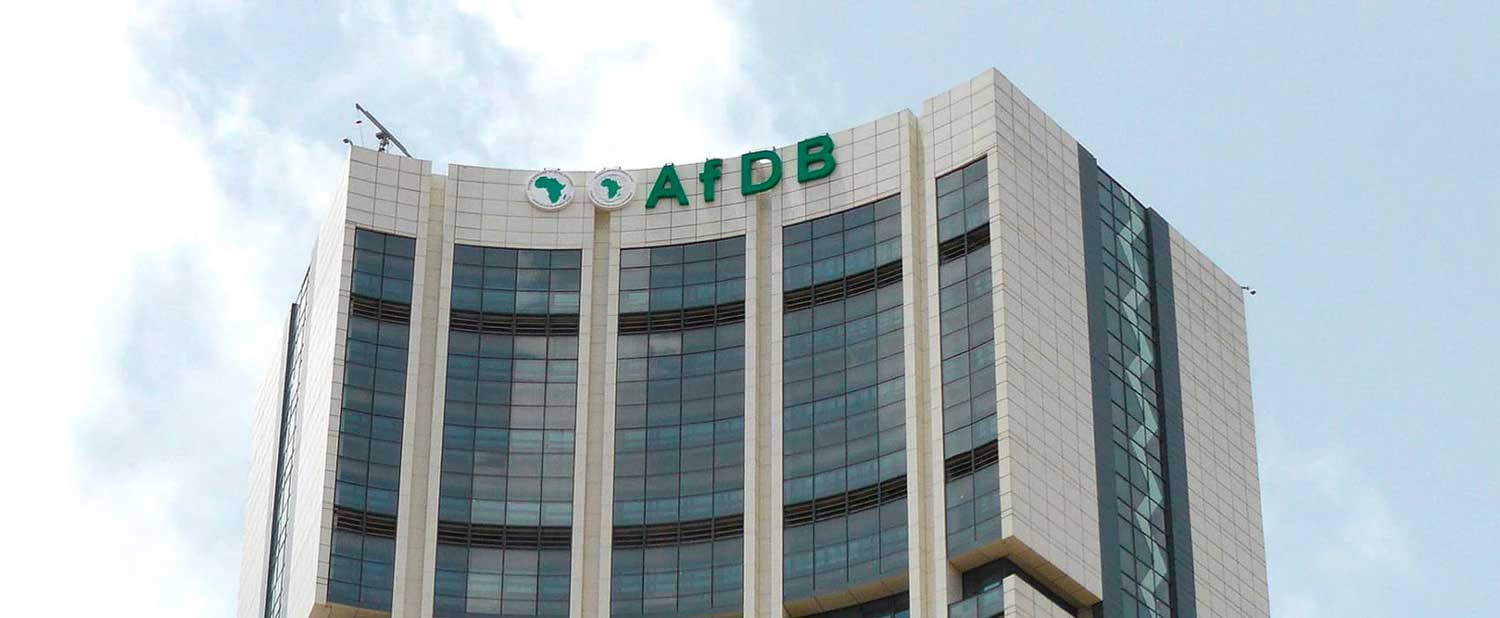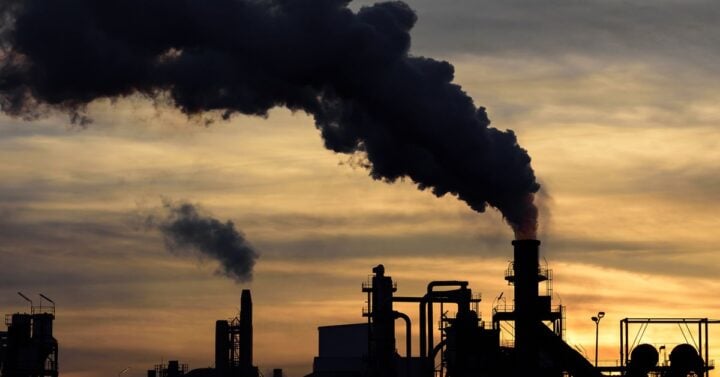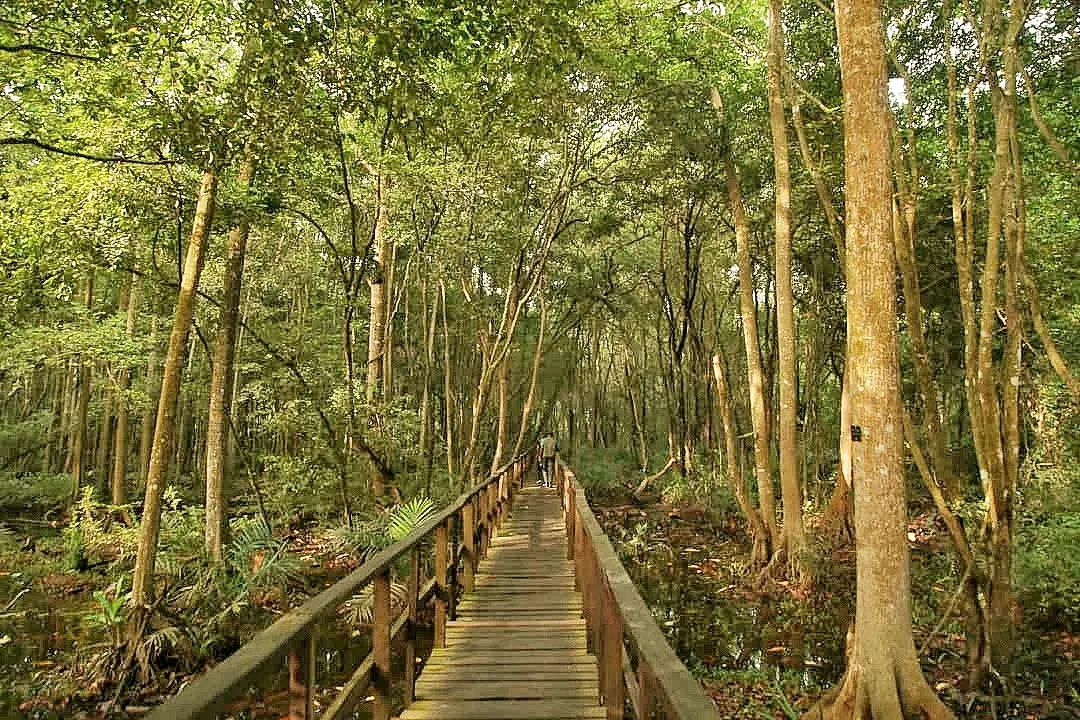Photo: United Nations
Despite directly impacting our communities, health, and livelihoods, climate-related reports usually take a back seat to dominant news beats like politics and business.
Climate Watch aims to ensure you never miss important stories on climate change and actions being taken toward limiting its impact.
Here is a round-up of last week’s climate stories:
- She Leads Climate Action Initiative (SLCAI), a not-for-profit organisation, has planted economic trees in the Akodo Ise community, in the Ibeju Lekki area of Lagos. The organisation said the effort would boost the ecological balance of the area, following antecedents of deforestation in the locality. Community leaders and 55 children within the settlement supported the tree planting which was held on March 16. Read more here.
- Abubakar Buba, Kaduna state commissioner for environment and natural resources, says the ministry would take action against those in the charcoal business. Buba spoke at an event held in commemoration of this year’s World Water and International Day of Forest. He said the state government has given the ministry the authority to implement and enforce all forest laws. Buba said leaders of the charcoal dealers association in the state have been told to stop felling trees and adopt pruning. Read more here.
- A report by IQAir, a Swiss technology company, has shown that only seven countries met the World Health Organisation (WHO) air quality standards in 2023. The report listed Australia, Estonia, Finland, Grenada, Iceland, Mauritius, and New Zealand as the countries that met air quality standards, noting that others recorded highly dangerous pollution levels. Find out more here.
- The British International Investment (BII) in a report found that companies in Africa were impacted by climate change more than their counterparts in Asia in 2023. The BII said 72 percent of corporate companies surveyed had experienced an extreme weather event in the last five years, with droughts, floods and heat being the biggest causes of concern. The report indicated that 79 percent of businesses in emerging economies were affected by climate change in 2023. Find out more here.
- Simon Stiell, the executive secretary of the United Nations, on March 21, said there is a need to find new sources of finance for global climate action. Stiell said new sources of finance would help to meet the growing needs of developing countries. The UN chief said bold climate actions would enable countries to drive business investment, productivity and rising living standards. Read more here.
- A study by the World Weather Attribution (WWA) group of scientists has found that climate change has made heatwaves in West Africa 10 times more likely. The group said if humans do not rapidly move away from fossil fuels, West Africa will experience similar heatwaves about once every two years. The scientists found that before humans started burning fossil fuels, similar heatwaves would have happened less than once a century. Find out more here.
- In his message to mark the annual Earth Hour Day, António Guterres, the United Nations secretary-general, said there is a need to fight for the future of the planet as the global climate is collapsing. The Earth Hour held on March 23, encouraged individuals, communities, and businesses to turn off non-essential electric lights from 8:30 pm to 9:30 pm. Guterres said the annual one-hour event was a “global show of solidarity”. Read more here.
Advertisement
Add a comment






